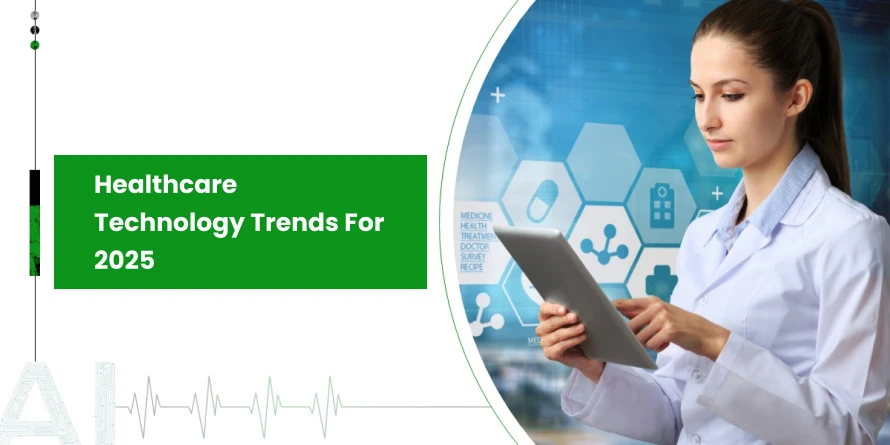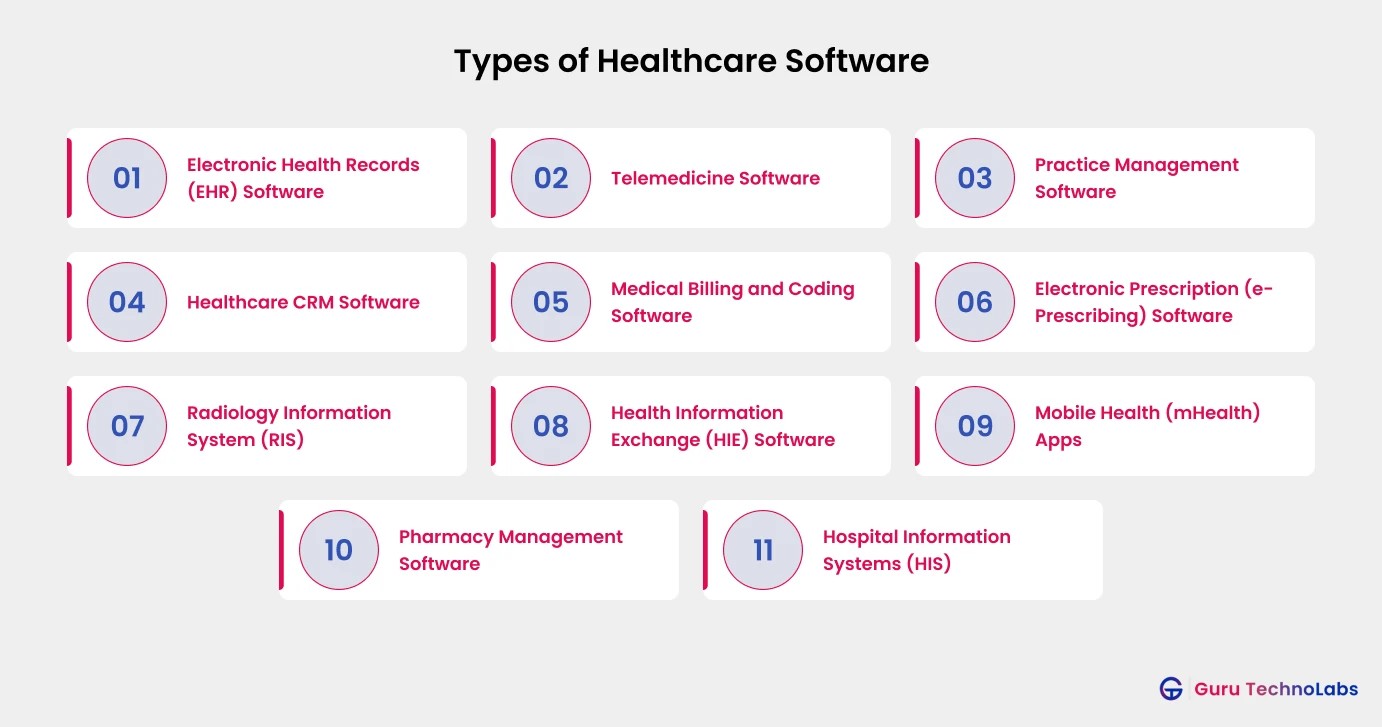
The healthcare market has been in boom from the last few years and it is recently estimated that the Global healthcare IT market is estimated to reach $660 billion by 2025, growing at a CAGR of 15.8%.
Against the backdrop of the coronavirus pandemic, which has catalyzed the adoption of innovative technologies and software solutions, the rapid digital transformation of the healthcare industry is in full bloom. The healthcare software market was still in its infancy, and many healthcare providers were using outdated systems and manual processes before the pandemic.
Flash forward to the present, and health care has changed dramatically and at breakneck velocity, and software solutions are now integral to everything from patient care to administrative efficiency. National governments around the world are demanding modernization, advocating for more private, technology-aided approaches to healthcare app development that will ensure better outcomes, greater access, and streamlined operations.
Now, one software solution alone cannot meet all the diverse needs of the healthcare industry. Here are some of the types of healthcare software that providers are embracing to interact and create a streamlined, effective environment when they are utilized together. But first, let’s get to the meaning.
What is Healthcare Software?
Healthcare software, in its simplest form, comprises digital tools and systems that healthcare providers use to manage, streamline, and improve aspects of healthcare services. Software solutions are extremely helpful in enhancing the quality of care, increasing operational efficiency, and ensuring better patient outcomes.
Healthcare software has much in common with consumer health apps, such as fitness trackers or sleep monitors, so much so that there’s a fine line between the two.
One type of healthcare software that affects diagnosis and treatment is electronic health records (EHR), systems that doctors use to keep track of patients’ medical histories as well as medications. A fitness tracker like Fitbit, on the other hand, enables users to track their steps or sleep patterns but does not provide medical advice or diagnosis.
Most Popular Types of Healthcare Software
The list below is certainly selective as we have tried to jot down the most popular types of healthcare software, including features and use cases, each playing an important role in making the healthcare system advanced and efficient.

1) Electronic Health Records (EHR) Software
EHR software provides digital storage and management of patients’ medical records, designed to streamline how healthcare providers access, update, and share patient information.
EHRs, unlike traditional paper-based records, help in streamlining workflows, reduce errors, and ensure that all healthcare professionals involved in a patient’s care are well up to date with the latest information. It’s a cornerstone of modern health care, enabling health care providers to access complete and accurate patient histories.
Features
- Real-time access to patient data across healthcare settings.
- Encryption is used to keep patient privacy by securing stored data.
- Accessing health information through patient portals
- Integration across labs and radiology Lab orders and results Prescriptions.
- Decision support tools can help in formulating clinical decisions.